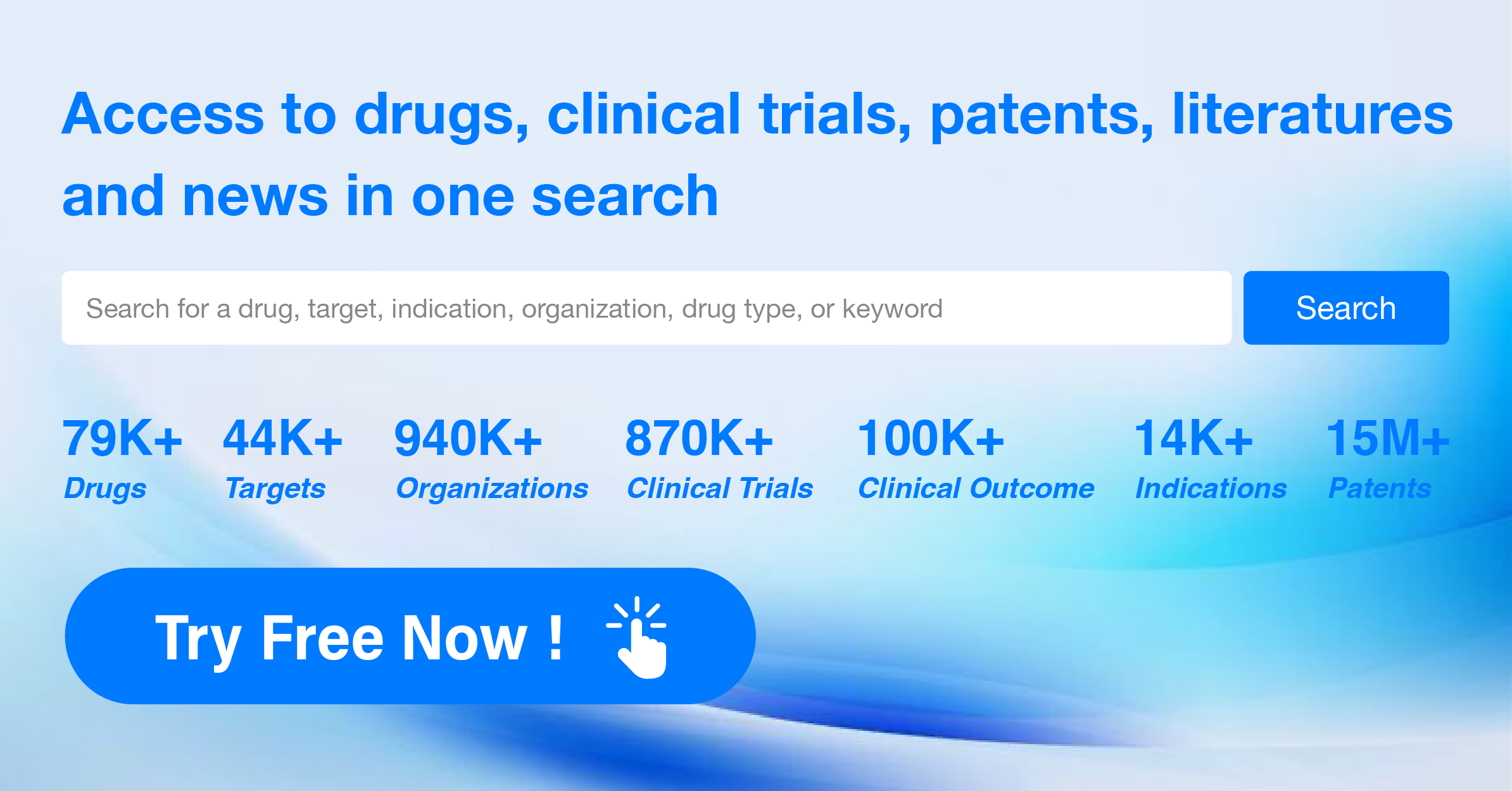Nelarabine: Detailed Review of its Transformative R&D Success, Mechanism of Action, and Drug Target
Nelarabine's R&D Progress
Nelarabine is a small molecule drug that targets POLA1, a protein involved in DNA replication and repair. It is primarily used in the treatment of neoplasms, immune system diseases, and hemic and lymphatic diseases. The drug has been approved for the treatment of T-cell lymphoma, acute lymphoblastic leukemia, and precursor T-cell lymphoblastic leukemia-lymphoma.
Nelarabine was first approved globally in October 2005, with the United States being the first country to grant approval. The drug went through a priority review process, which expedites the review of drugs that offer significant improvements in the treatment of serious conditions. It also received accelerated approval, a regulatory pathway that allows for the approval of drugs based on surrogate endpoints or intermediate clinical outcomes. Additionally, nelarabine was designated as an orphan drug, indicating that it is intended to treat rare diseases or conditions.
The originator organization of nelarabine is GSK Plc, a multinational pharmaceutical company. GSK Plc played a crucial role in the development and commercialization of the drug, conducting clinical trials and obtaining regulatory approvals.
Nelarabine's highest phase of development is approved, indicating that it has successfully completed clinical trials and met the necessary regulatory requirements for market authorization. This suggests that the drug has demonstrated safety and efficacy in treating the indicated conditions.
👇Please click on the image below to directly access the latest data (R&D Status | Core Patent | Clinical Trial | Approval status in Global countries) of this drug.
Mechanism of Action for Nelarabine: POLA1 inhibitors
POLA1 inhibitors are a type of drugs that specifically target and inhibit the activity of the POLA1 enzyme. POLA1 is an enzyme involved in DNA replication and repair processes. By inhibiting POLA1, these inhibitors can interfere with the replication of cancer cells, which rely on continuous DNA synthesis for their rapid growth and proliferation. This makes POLA1 inhibitors potential candidates for cancer treatment, particularly in the context of DNA replication-associated cancers. These inhibitors may be used in combination with other therapies to enhance their effectiveness in targeting cancer cells.
Drug Target R&D Trends for Nelarabine
According to Patsnap Synapse, as of 14 Sep 2023, there are a total of 9 POLA1 drugs worldwide, from 22 organizations, covering 19 indications, and conducting 244 clinical trials.
The current competitive landscape of target POLA1 is characterized by the presence of multiple companies with drugs in different stages of development. Novartis AG, Sanofi, ORPHELIA Pharma SAS, Cyclacel Pharmaceuticals, Inc., and Daiichi Sankyo Co., Ltd. are the companies growing fastest under this target, with drugs in approved, phase 3, phase 2, and preclinical stages. These companies have made significant R&D progress, with some drugs already approved for relevant indications. Small molecule drugs are progressing rapidly under this target, indicating potential treatment options. The development of target POLA1 is happening globally, with countries/locations such as the United States, European Union, Japan, Canada, and various European countries leading the way. The future development of target POLA1 holds promise for the treatment of various indications, including acute lymphoblastic leukemia, T-cell lymphoma, acute myeloid leukemia, and others.
👇Please click on the picture link below for free registration or log in directly if you have a freemium account, you can browse the latest research progress on drugs, indications, organizations, clinical trials, clinical results, and drug patents related to this target
Conclusion
In summary, Nelarabine is a small molecule drug that targets POLA1 and is used in the treatment of various neoplasms, immune system diseases, and hemic and lymphatic diseases. It has been approved for the treatment of T-cell lymphoma, acute lymphoblastic leukemia, and precursor T-cell lymphoblastic leukemia-lymphoma. GSK Plc is the originator organization of the drug, and it received its first global approval in 2005. Nelarabine underwent priority review, accelerated approval, and was designated as an orphan drug.






